ISO COURSES
Standards provide the knowledge that organizations need to succeed and deliver it in concentrated form. They can offer a set of powerful tools to make your organization more innovative and productive.
Our offer of Self-study ISO Courses performed by PECB is essential for personal and professional development because it promotes self-discipline, independence, and deeper understanding.
Here are five key advantages of Self-study ISO Courses:
Flexibility: Learners can study at their own pace and on their own schedule.
Cost-Effective: It often requires fewer resources and no commuting, saving time and money.
Personalization: Learners can focus on topics that are most relevant to their needs.
Deep Learning: It encourages critical thinking and a deeper understanding of subjects.
Skill Mastery: By revisiting materials, learners can solidify their knowledge.
The Value of PECB Certification
PECB credentials are internationally recognized and endorsed by many accreditation bodies, so professionals who pursue them will benefit from our recognition in domestic and international markets.
The value of PECB certifications is validated by the accreditation from the International Accreditation Service (IAS-PCB-111), the United Kingdom Accreditation Service (UKAS-No. 21923) and the Korean Accreditation Board (KAB-PC-08) under ISO/IEC 17024 – General requirements for bodies operating certification of persons. The value of PECB certificate programs is validated by the accreditation from the ANSI National Accreditation Board (ANAB-Accreditation ID 1003) under ANSI/ASTM E2659-18, Standard Practice for Certificate Programs.
25562
International Standards covering almost all aspects of technology, management and manufacturing.
172
Members representing ISO in their country. There is only one member per country.
840
Technical committees and subcommittees to take care of standards development.
Information about standards
Standards define best practice in many different areas. They’re put together by groups of experts and come in a number of different kinds, from a set of definitions to a series of strict rules.
-
Standards are agreed ways of doing something, written down as a set of precise criteria so they can be used as rules, guidelines or definitions.
-
Standards are a tried and tested way to work more efficiently and effectively. They help organisations to improve their performance, reduce their risk and help them be more sustainable.
-
Organisations of all sizes use standards to compete more effectively, from small businesses to multinationals and governments.
-
Standards are put together by groups of industry experts, consumers, research organisations, government departments and more, all working together.
-
Standards come in a number of different forms. Some tell you how to do something in great detail, others give more general information, others simply define terms.
-
By applying the accumulated knowledge that standards encapsulate you can change the way you work at every level of your business, transforming your prospects.
-
Standards are not the same thing as government regulations, but they’re often used in legislation to provide the technical detail.
-
Standards put in place the ‘ground rules’ for emerging technologies, allowing businesses to innovate more confidently and successfully.
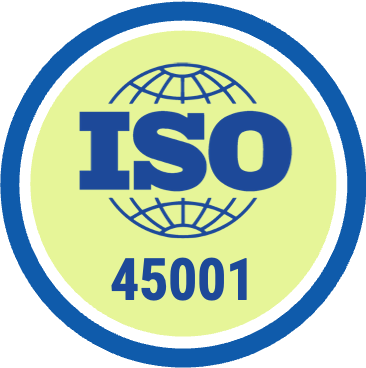
ISO 45001 Occupational Health and Safety Management System
Reduce the risks of costly accidents and comply with legislation.
Learn More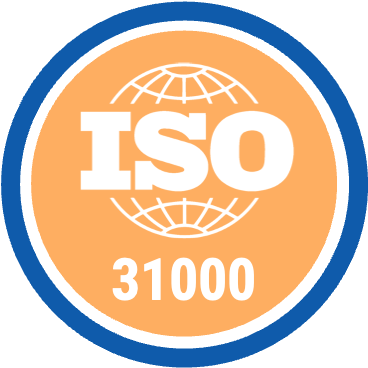
ISO 31000 Risk Management
Aimed at achieving an appropriate balance between realizing opportunities and gains, while minimizing losses.
Learn More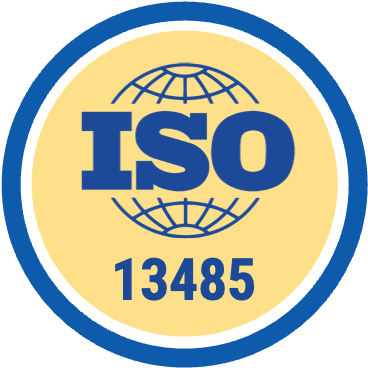
ISO 13485 Medical Devices Quality Management System
The world's most recognised medical device standard helps organisations of all sizes.
Learn More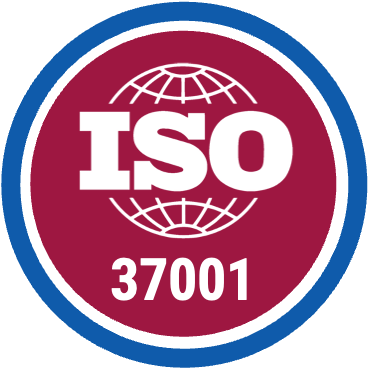
ISO 37001 Anti-bribery management systems
Promotes transparency, leadership, accountability, and compliance, reducing corruption for a better future.
Learn More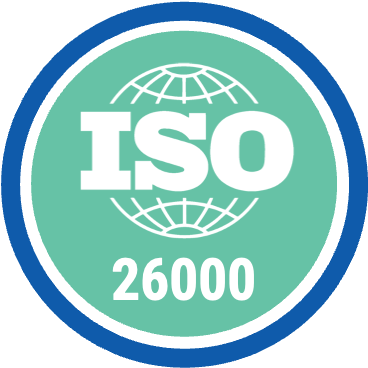
ISO 26000 Social Responsibility
Using ISO 26000 helps your business be socially responsible and benefits society and the environment.
Learn More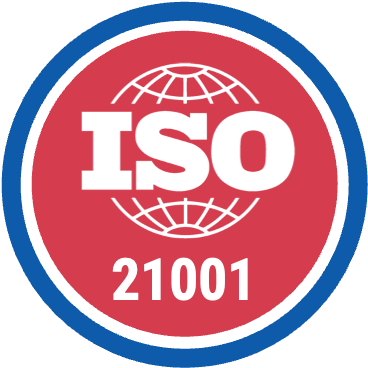
ISO 21001 Educational Organizations Management System
Offering management tools for schools and educational organizations to enhance student service.
Learn More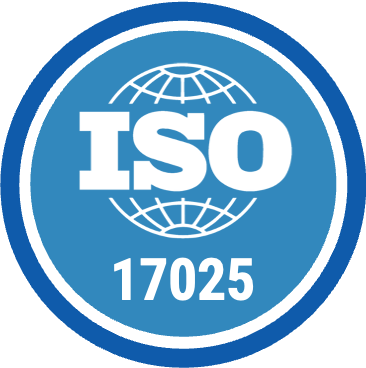
ISO 17025 Laboratory Management System
For testing and calibration labs, focusing on quality, process improvement, management, staff qualifications, testing methods, and equipment.
Learn MoreAvailable ISO Courses
Discover the ultimate business improvement tool
Shop our available ISO Courses Now.






